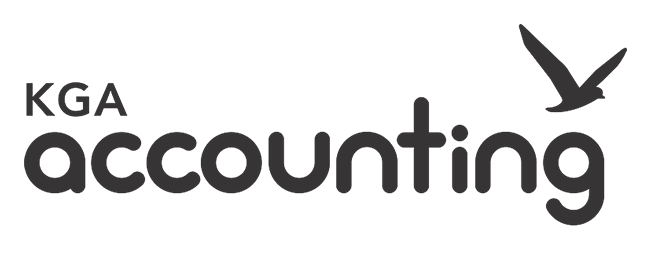Recently, the Government declared a scope of measures which in their view address the supply and demand for properties – along with the current measures effectively in play including the ring-fencing of rental property misfortunes.
The latest updates do not concern commercial properties. These updated measures have the potential to significantly affect anyone who already owns, or is thinking about purchasing a residential property.
The three main announcements are:
-
Increase to the bright-line test from 5 years to 10 years effective from 27 March 2021
-
Changes to the main home exemption from bright-line test
-
Intention to remove interest deduction on residential properties from 1 October 2021
If you are currently in the middle of a residential property transaction, please contact us urgently.
For detailed information you can find the Government’s statement online at taxpolicy.ird.givt.nz
Government Fact Sheets:
Interest Deductions Fact Sheet
We are expecting further information as these changes unfold.
While there is no need to panic, it is important you understand how the recent updates can affect your cash flow. Follow our summarised points below…
1) Increase in bright-line test from five years to 10 years effective from 27 March 2021
-
The ‘bright-line’ test increases from 5 years to 10 years. That is, investment properties bought after the 27th of March 2021 will be subject to tax on any capital gain if they are sold within 10-years (up from the current 5-year period).
-
However, ‘new build’ properties will be exempt and will remain subject to the current 5-year window (exact definition to be confirmed).
-
Inherited properties and those which have been the owner’s main home for the entire time they owned it will continue to be exempt from all bright-line tests.
-
It’s also worth noting that if you’re considering transferring a property into a new entity, this will likely trigger the re-start of the bright-line test.
2) Changes to the main home exemption from bright-line test
-
For residential properties acquired on or after 27 March 2021, including new builds, the Government intends to introduce a ‘change-of-use’ rule. This will affect the way tax is calculated if the property was not used as the owner’s main home for more than 12 months at a time within the applicable bright-line period.
3) Intention to remove interest deduction on residential properties
-
Ordinarily, you’d subtract your insurance, maintenance, interest, and other costs from the income you get from renting out your property, and you’d pay tax on the profit. These changes mean you remove interest from that equation, so that will increase your profit in the eyes of the IRD, and you’ll be paying tax on a higher amount. This is likely to mean you’ll have more tax to pay, which will most likely be funded from your personal cash flow.
-
For properties yet to settle (bought after March 27th) you won’t be able to claim interest costs at all from October the 1st. For properties you already own this ability will be phased out over the next four years, starting in October. However, ‘new build’ properties may be exempt from these changes, subject to consultation on the changes.
-
Property developers (who pay tax on the sale of property) will not be affected by this change. They will still be able to claim interest as an expense.
-
The consultation will cover an exemption for new builds acquired as a residential investment property, and whether all people who are taxed on the sale of a property (for example under the bright-line tests) should be able to deduct their interest expense at the time of the sale.
The Cash Impact
How much of an existing investment property’s interest cost you can claim will start to diminish over the next four years.
Based on the scenario below, of $700,000 of investment property debt at 3% interest, we estimate the approximate annual cost to be between $735 – $1,023 in year one, and between $5,880 and $8,190 by the time it has been completely phased out.
Please note this scenario doesn’t consider any misfortunes from previous years that can be carried forward and any measures that are likely to offset the impact – such as a rent increase.
One thing we are positive about… interest rates generally trend in an upward direction!
For more clarification and support on these changes, please contact our team today for more information. Updates will be supplied via our blog here, or through our Facebook.


